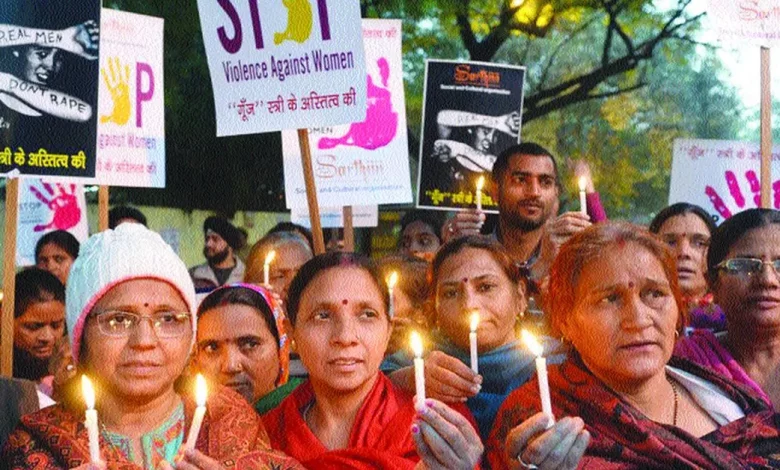Daily Current Affairs for UPSC
Status of Women in Indian Politics
Syllabus- Polity and Governance (GS Paper-2)

Context- With the Women’s Reservation Bill being passed in Parliament last year, the debate on Status of Women in Indian Politics seems to have come to an end.
Status of Women in Indian Politics
- Representation: Despite constitutional ensures of equality, women continue to be underrepresented in Indian politics. As of 2023, they maintain only 14.3% of Lok Sabha (lower house) and 11.8% of Rajya Sabha (upper house) seats.
- State level: Representation is even lower in state assemblies, averaging around 8%.
- Local governance: Although 33% of seats in Panchayats (rural local bodies) are reserved for women, their effective participation and leadership continue to be concerns.
Challenges
- Socio-cultural boundaries: Patriarchal societal norms and discriminatory attitudes restrict women’s entry and development in politics.
- Economic constraints: Financial barriers hinder women’s ability to contest elections and take part efficiently.
- Lack of access to resources: Political networks, funding, and campaign assistance are frequently skewed toward men.
- Violence and harassment: Women face physical and verbal abuse, online trolling, and intimidation, creating a hostile environment.
- Political party structures: Lack of inner party support and gender-sensitive rules within parties hinder women’s rise.
Measures
- Reservations: Increased reservation of seats in legislatures and local bodies can provide a crucial initial boost to women’s representation.
- Financial help: Government investment schemes and subsidies can cope with monetary boundaries confronted by women candidates.
- Capacity building: Training programs and leadership development initiatives can equip women with necessary skills and confidence.
- Awareness campaigns: Public recognition campaigns can challenge societal biases and promote gender equality in political participation.
- Stricter laws: Effective enforcement of laws towards electoral violence and harassment can create a more secure environment for women in politics.
- Internal party reforms: Political parties need to undertake gender-touchy regulations, quotas, and mentorship packages to help women candidates and leaders.
- Empowering women citizens: Educating and mobilizing women citizens can decorate their political participation and preserve parties answerable for fielding women candidates.
Way Ahead
- Increased representation of women in politics is crucial for a democratic and just society.
- Addressing the present demanding situations and implementing powerful measures, which includes the spark off implementation of the Women Reservation Bill, would require sustained efforts from individuals, political parties, civil society organizations, and the government.
Source: The Hindu





.png)



